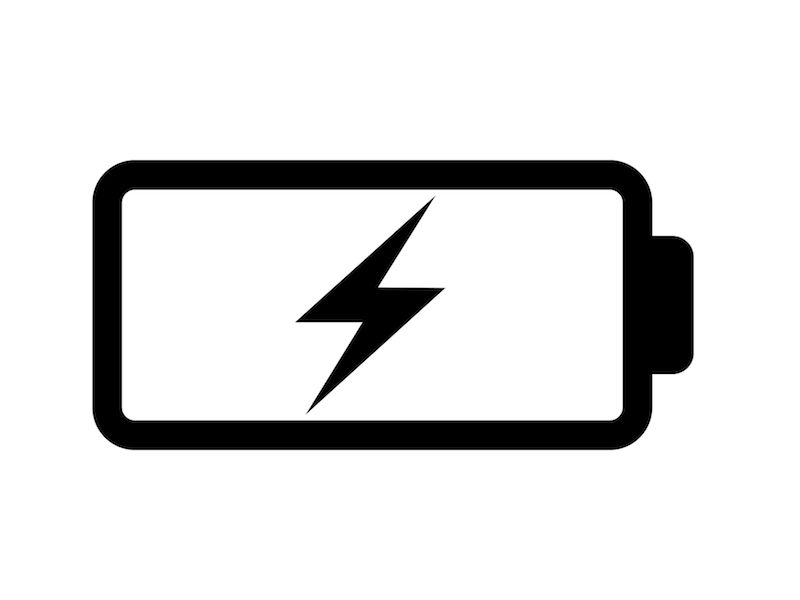
Rechargeable hearing aids are manufactured so that you’ll need to stress less about losing battery power, but the technology may also make you a little concerned when you depend on your devices to hear. Do rechargeable hearing aids work, and do they work as well as advertised?
The anxiety is understandable and so are the question you might have. A hearing aid is often a necessary element of one’s everyday life, as necessary for a quick trip to the grocery store as they are for the enjoyment of a television show or movie. When a piece of technology impacts so many facets of your life, it’s important that it work properly and reliably.
How Do I Know What Kind of Battery I Have?
By default, most contemporary hearing aids have rechargeable batteries, so if you bought your hearing aids recently it’s likely that your hearing aids will have one of two battery types. Silver-zinc batteries, which have a battery door on the back, are rechargeable, but the batteries might need to be changed every so often. A Lithium-ion battery, however, will last for the duration of the life-cycle of the hearing device and, because of that, those devices will not have that telltale battery door.
How to Care For Your Rechargeable Hearing Aid
For the most part, rechargeable hearing aids do work, and they work well. The dependability of these devices has increased significantly in the last few years, as battery technologies have improved. In order to increase reliability, however, there are a few maintenance measures users can take as they would with any other electronic technology.
- The Charging Station is Where Your Hearing Aids Should be Stored: If you consistently store your rechargeable hearing aids on their recharging station you can extend the life of your battery. Charging a battery that is not fully drained does not reduce long-term battery life. As a matter of fact, you can actually enhance the life of the battery by making sure your hearing aids are charging when not in use. A convenient reminder, for many people, to charge their device when not used, is to put the charging station on a table beside their bed.
- Be Careful of Wires: Most hearing aids will contain a wire element of some kind, either on the hearing aids themselves or on the charging station. Most hearing aid users are counseled to be mindful of these wires; the connection that allows the device to charge can be damaged if you pull on or hold it by the wires.
- Keep Your Hearing Aids Clean and Dry: No matter how often you use or do not use your hearing aids, they have plenty of opportunity to collect moisture, debris, and dust. Your hearing aid might not thoroughly charge if it is subjected to any of these three elements. That’s why it’s important to keep your hearing aids dry and clean especially when connecting your hearing aid to its charging station.
How to Replace a Rechargeable Battery
If you have lithium-ion batteries, they should last as long as your device does. So replacing those batteries shouldn’t be something you ever have to be concerned about. Simply keep recharging your hearing aids as long as necessary.
Hearing aids that depend on silver-zinc batteries, however, may need new batteries periodically. The lifespan of your battery can be increased by replacing them in the right way. Because of this, hearing experts suggest the following:
- Keep batteries in a room temperature spot that is also certain to be dry.
- Confirm that your battery compartment is clean and free of moisture.
- Before changing batteries, don’t forget to wash your hands.
- Don’t get rid of any packaging or plastic tabs until you’re ready to use batteries.
- Five minutes before taking off any tabs that may be attached let the batteries sit at room temperature.
Non-Use For Long Periods
If you are planning not to use your hearing aids for long periods of time, leaving them on the charger might no longer be the best manner to store your devices. Just disconnect your hearing aid and store it in a dry cool spot if, for example, you know you won’t be wearing them for several weeks or a month.
Think about leaving the battery door open so you can stop moisture from corroding the batteries if you use silver-zinc batteries.
Rechargeable for Everyday Use
For most individuals, and for day to day use, charging your hearing aids once a day should be adequate for all of your requirements. A lithium-ion battery, for example, will normally require just 3-4 hours to charge enough battery power for a 24 hour period.
Do rechargeable hearing aids work? Not only do they work, but rechargeable hearing aids will most likely become much more common and reliable as the technology continues to develop. To see all the different models, get in touch with your local hearing aid retailer.
